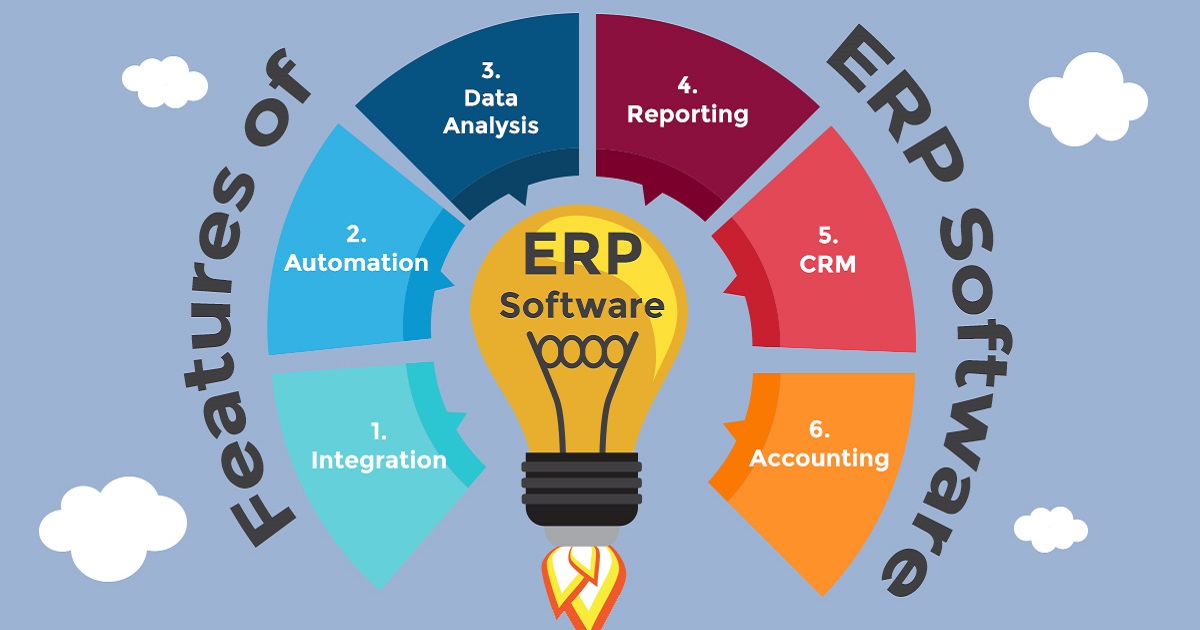In today’s fast-paced business environment, having a robust accounting ERP solution is essential for business success. Saudi Arabia’s dynamic economy requires businesses to adopt modern solutions that can streamline operations, improve efficiency, and provide real-time insights. This article will explore how the Best Accounting ERP Solution in Saudi Arabia can transform your business.
The Role of ERP in Modern Business
Streamlining Business Processes
ERP solutions integrate various business functions into one unified system, eliminating manual processes and improving efficiency.
Real-Time Data Analysis
ERP systems provide real-time insights and analytics, enabling businesses to make informed decisions quickly.
Challenges Faced Without ERP Solutions
Data Fragmentation
Without an ERP system, data is often stored in multiple places, leading to fragmentation and difficulty in accessing accurate information.
Lack of Scalability
Traditional systems may not scale well with business growth, leading to operational inefficiencies and increased costs.
Key Features of Accounting ERP Solutions
Financial Management
ERP solutions offer robust financial management features, including invoicing, budgeting, and financial reporting.
Inventory Management
Manage inventory levels, track stock movements, and automate replenishment processes with ERP systems.
Reporting and Analytics
Generate comprehensive reports and analytics to gain insights into business performance and trends.
Top Accounting ERP Solutions in Saudi Arabia
SAP Business One
SAP Business One offers a comprehensive ERP solution tailored for small and medium-sized businesses, with features like financial management, CRM, and inventory control.
Oracle NetSuite
Oracle NetSuite is a cloud-based ERP solution that provides scalability, flexibility, and a wide range of modules to suit various business needs.
Microsoft Dynamics 365
Microsoft Dynamics 365 offers a suite of ERP and CRM applications that can be customized to meet specific industry requirements.
Factors to Consider When Choosing an ERP Solution
Industry-Specific Needs
Choose an ERP solution that caters to your industry’s specific requirements, such as manufacturing, retail, or services.
Implementation and Support
Consider the ease of implementation, training requirements, and ongoing support provided by the ERP vendor.
Implementation Steps for Accounting ERP
Needs Assessment
Evaluate your business processes, identify pain points, and define clear objectives for implementing an ERP solution.
Training and Deployment
Provide comprehensive training to your team and plan a phased deployment to ensure a smooth transition.
Benefits of Cloud-Based ERP Solutions
Flexibility and Accessibility
Cloud-based ERP solutions offer the flexibility to access data and applications from anywhere, anytime.
Security and Compliance
Cloud ERP providers often implement robust security measures and ensure compliance with industry regulations.
ERP Success Stories in Saudi Arabia
Explore real-life examples of businesses in Saudi Arabia that have successfully implemented ERP solutions and the transformative impact on their operations.
Future Trends in ERP Solutions
Artificial Intelligence
AI-powered ERP solutions are emerging, offering predictive analytics, automation, and personalized user experiences.
Integration with Emerging Technologies
Integration with IoT, blockchain, and other emerging technologies is expected to enhance ERP functionality and capabilities.
Conclusion
Choosing the best accounting ERP solution in Saudi Arabia can revolutionize your business operations, improve efficiency, and drive growth. By considering key features, industry-specific needs, and implementation factors, you can make an informed decision that aligns with your business goals.
FAQs
Q1: What is an ERP solution?
A: An ERP solution integrates various business functions into one unified system to streamline operations and improve efficiency.
Q2: How can an ERP solution benefit my business?
A: An ERP solution can improve financial management, inventory control, reporting, and provide real-time insights for informed decision-making.
Q3: What factors should I consider when choosing an ERP solution?
A: Consider industry-specific needs, key features, implementation requirements, and ongoing support.
Q4: Is cloud-based ERP secure?
A: Yes, cloud-based ERP solutions often come with robust security measures and compliance certifications.
Q5: How do I implement an ERP solution in my business?
A: Start with a needs assessment, provide comprehensive training to your team, and plan a phased deployment for a smooth transition.











